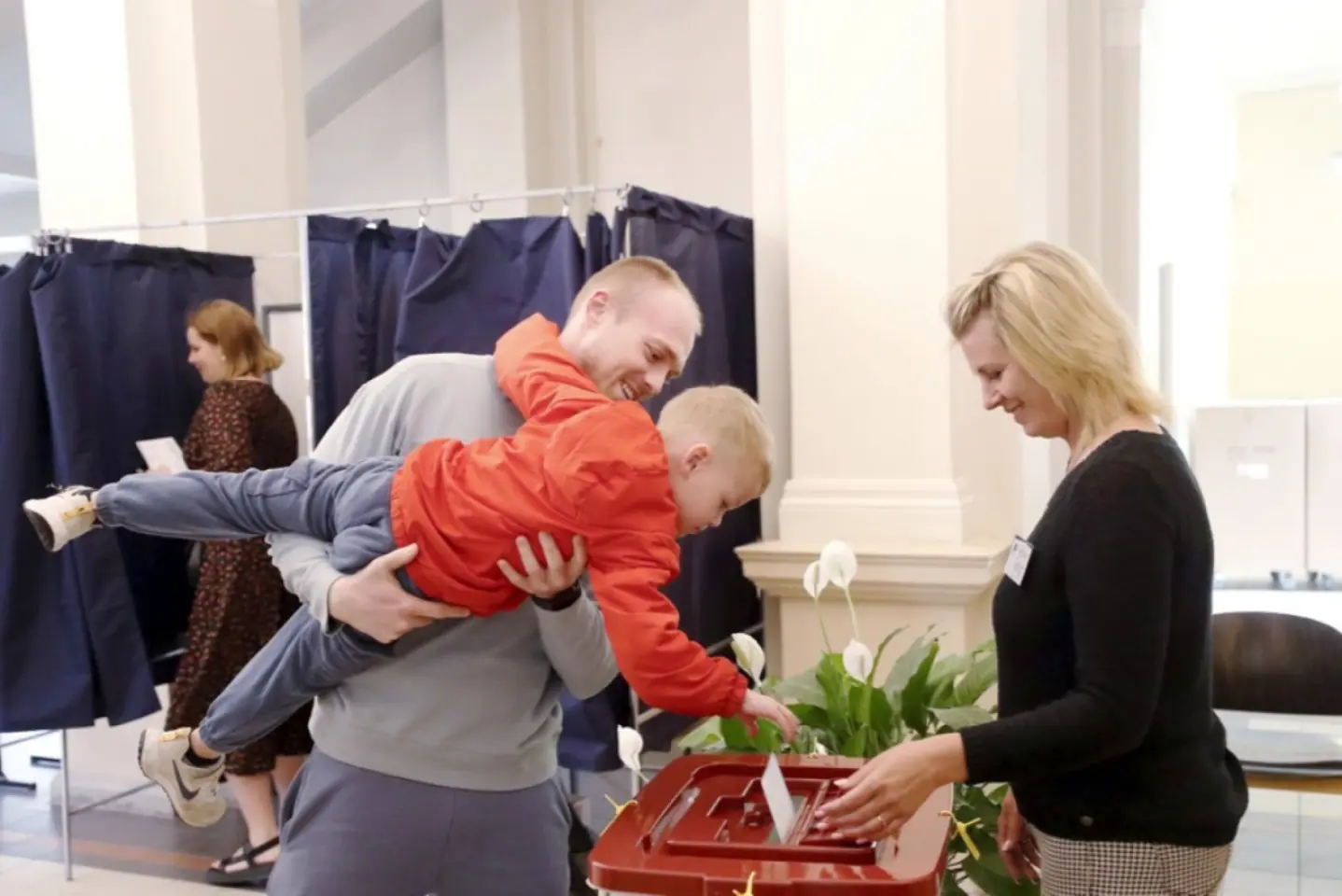
More than three decades after the Soviet collapse, the three Baltic nations stand as prosperous democracies firmly anchored in Europe, while neighboring Belarus and Moldova still in Moscow’s orbit to varying degrees. The contrast, though sometimes clouded by nostalgia and disinformation, is stark.

The migrant crisis, part of the hybrid war waged raged by Belarus (and Russia) against the EU.

Politicians with pro-Russian – or at least ambiguous stands – and a strongman profile are frontrunners for the coming elections in Latvia’s three main cities. Will this trend go national?

Russia’s full-scale invasion of Ukraine has become a kind of test of loyalty to Latvia for Latvian cultural and sports stars. Those who have “flirted” or even collaborated with Russia have fallen out of favor.

While some argue that the Baltic States have been abandoned by a major strategic partner, others insist on the need for Europe to become more militarily independent.

The Trump administration's signals about a US policy toward Moscow, Ukraine, and the EU are causing concern in Russia's neighborhood, from the Black Sea to the Baltic Sea.

Latvia must be prepared for everything in its defense: in the short term for versatile hybrid attacks, and in the long term even for a broader and more direct attack.

Donald Trump's return to the White House has generated fears about his approach to Russia and the conflict in Ukraine, as well as the economic relationship with the European Union. Veridica’s team of contributors has analyzed how Trump’s return to power is seen in Brussels and in Russia's neighboring countries - some of them ex-Soviet or ex-communist states, most of them members of the EU or NATO or with Euro-Atlantic aspirations.

As talks about peace in Ukraine along the current frontline intensify, some of Kyiv’s partners, including Latvia, feel this would be a dangerous outcome.

Ukrainian refugees in Latvia have generally been well received, but there were also some displays of hostility. Experts warn a long-term integration program is needed for the refugees.

An attack against an Alexey Navalny associate brought to light Latvian police corruption, divisions among Russia’s opposition and Latvian reserves regarding the latter.

A Latvian activist has been sentenced to prison for flying the Russian flag, according to a false narrative promoted by pro-Kremlin propaganda.

As Russia’s war in Ukraine continues to fuel worries about Moscow’s aggressive stance, Latvia issued a manual telling civilians what to do if war breaks out, or simply put, how to prepare for a potential hour X and what to do when it happens.

The Baltic states have similar backgrounds and are mostly supportive to each other. There is, however, a friendly competition in terms of the speed of their development, and Latvia lags behind.

From hardliner Dmitri Medvedev’s wine to raw materials for the arms industry, Russian imports are transiting Latvia in spite of the latter’s hawkish stance towards Moscow.

The fear of war with Russia is taking a psychological toll on Latvians. Authorities are trying to reassure them, pointing that Moscow lacks the capacity to wage war against NATO.

Latvia’s efforts to rein in Russian spying and influence came to spotlight following allegations that a well-known pro-Russian MEP, Tatjana Ždanoka, collaborated with the FSB.

A number of countries may boycott the coming Paris Olympics over the IOC’s decision to let Russian athletes compete. Latvia is one of those countries, but not all Latvians – athletes and fans alike – would support such of decision.

The Latvians have been less involved lately in helping Ukrainians, as the war fatigue and domestic economic problems are taking their toll. However, the level of support is still high.

The Baltic States are being targeted by Russian disinformation which is using both narratives launched before the war in Ukraine and newer ones.